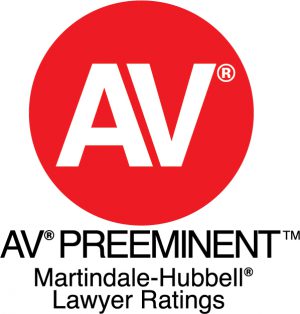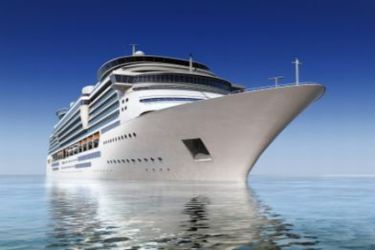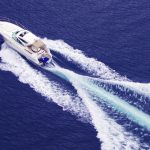Working on sea vessels means risking a number of serious and even fatal injuries.
Every maritime employee and worker assumes that his or her vessel captain will pilot the vessel responsibility and with attention to everyone’s safety. However, many captains may operate the vessel with serious negligence, resulting in terrible collisions with other boats or objects.
Collisions accidents also happen when another vessel collides with yours.
Any collision can cause serious injuries and even death to those working onboard a seagoing vessel. Cargo can become unsecured and fall on employees; workers can be thrown across rooms and into walls and standing objects; and workers can be thrown from the ship and into the water, resulting in serious injury and possibly drowning.
Needless to say, no captain or vessel operator has the right to operate a boat in so reckless a fashion. Employee safety is absolutely paramount to anyone who is in charge of a vessel; neglecting this mandate can lead to life-threatening injuries. In the event of such negligence, an experienced maritime lawyer can attempt to help you recover lost wages and pay for medical care.
Types of Maritime Collisions
Accidents can happen anywhere, but when they occur on the open water, the results can be dire. There are several main types of maritime collisions, including:
- Tugboat accidents. Though small, these powerful vessels help ensure that larger ships can maneuver safely in a harbor. Unfortunately, though, the larger vessels often block the visibility of tugboats, leading to collisions. Human error on the part of the tugboat workers can also lead to accidents.
- Crane accidents. Cranes are dangerous even on dry land, so when accidents occur at sea or in a harbor, the impact can be deadly. Inexperienced workers can be negligent while operating this kind of machinery, and faulty winches and wires sometimes lead to serious injury.
- Barge accidents. Barges have limited movement on the water because they’re built to withstand heavy weights. When an inexperienced worker is at the helm, serious problems can occur.
- Cargo hauling accidents. Speaking of heavyweights, cargo hauling is among some of the most dangerous work done by maritime workers. A simple miscommunication between coworkers can lead to serious injuries and even death.
- Grounding of ships. These kinds of accidents can occur when a maritime worker is distracted at the controls. Running aground can cause a significant impact on the ship’s hull and on the area where the grounding occurs. Maritime workers are at an increased risk of injury in such scenarios.
Common Causes of Maritime Collisions
Just like with car accidents, there are a million potential causes of maritime collisions. There are also, of course, common causes that lead to accidents more often than others. Some of these common causes include:
- Weather. Any outdoor activity runs the risk of being complicated by bad weather. For maritime workers, the risks are even higher because you must factor in what the day’s forecast might do to the water. High winds, fog, heavy rains, and ice can all contribute to a maritime collision, but the weather isn’t often the sole cause of an accident.
- Human error. To err is human, and when workers are careless, the fallout can be serious. Considered to be the most common cause of maritime collisions, human error is often caused by confusion stemming from different maritime traffic habits across the world.
- Malfunctioning equipment. When an essential piece of equipment fails, the fallout can be dangerous. Should an engine fail or maneuverability is lost, accidents are bound to occur.
- Infrastructure problems. In some cases, maritime accidents are the result of infrastructure issues on land. Should a drawbridge drop prematurely, for example, collisions are bound to happen.
Maritime Accident Lawyer Richard Serpe
The fact is, there are always risks associated with every job—but many, many risks can be mitigated if an employer or vessel owner ensures that the workplace is as safe as possible. Maritime environments are no different. If you’ve been injured an experienced maritime and Jones Act attorney can help you recover the damages related to your injury. Richard Serpe gained a Masters Degree in maritime law from Tulane University School of Law. He has also been awarded the rank of Proctor (the highest rank available) from the Maritime Law Association of the United States.


























